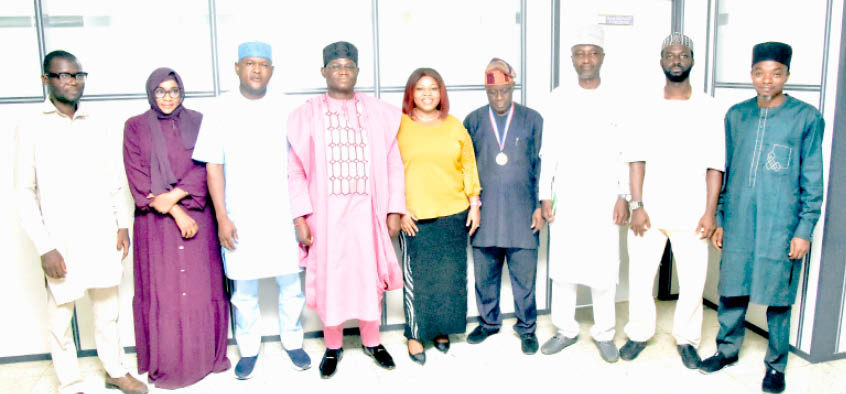After years of supply chain bottlenecks, the market for critical minerals hit yet another roadblock that further complicates the economics and influence behind realizing our clean energy futures.
China, the world’s most important producer of essential battery materials, recently proposed new restrictions on their exports.
This proposed ban would apply to the export of battery and lithium processing technologies.
While framed as a regulatory move, this is a calculated demonstration of Beijing’s control over the materials essential to securing the clean energy transition.
Why Battery Materials Matter
Batteries are the foundation of modern industry, essential to the world’s clean energy transition and even in securing the economics of renewable energy.
Batteries power electric vehicles (EVs), store renewable energy, and drive everything from smart phones to power grids.
The core components of modern batteries are minerals such as lithium, cobalt, nickel, and graphite. Perhaps unsurprisingly, these minerals are mined and then heavily refined and processed before they can be used in high-performance applications.
China dominates this supply chain. According to the International Energy Agency, China controls 60-80% of global refining and battery material processing – even though much of the raw material is mined elsewhere.
This means that countries worldwide, even those rich in minerals, remain dependent on China’s expertise, technology, and processing capabilities to manufacture batteries at scale.
The proposed export restrictions expose a harsh reality: the next industrial revolution—one centered on clean energy—remains at the mercy of a single country.
Without access to China’s processing capabilities, nations risk losing critical inputs for everything from EVs to consumer electronics and even essential pharmaceuticals.
Yet while this shift creates uncertainty, it also presents an unprecedented opportunity – particularly for Africa.
Africa Can Create the Future of Battery Production
As home to some of the largest reserves of critical minerals in the world, Africa has an opportunity to lead in this incredibly complex situation.
Critical minerals such as lithium, cobalt, and nickel are all mined in Africa, but for decades, the continent has exported these minerals as raw materials, meaning they’re missing out on the most valuable steps in the supply chain.
If African nations take essential steps now to build its refining, processing, and manufacturing capabilities, it’s not an exaggeration to say they could significantly shift the economics of the global clean energy economy. Here are four key considerations:
Invest in Local Refining. Instead of exporting unprocessed minerals, African nations can develop refining capacity at home, capturing more value from the clean energy boom.
Rwanda’s launch of Africa’s first tantalum and niobium refinery process this model can work.
In Nigeria, Sabi is partnering with Western firms to establish lithium processing plants, demonstrating that local refining is not merely an ambition – it’s already happening.
These moves reduce reliance on China while keeping economic benefits within Africa. Refining has challenges, and China spent decades perfecting its infrastructure, but refining battery-grade lithium is roughly 30% cheaper in China than in Australia.
The lesson is that, if Africa succeeds at lowering capital costs and expanding its infrastructure through initiatives like the Lobito Corridor, it can help boost its competitiveness.
ESG as a Competitive Advantage. Global manufacturers increasingly demand responsibly sourced, traceable, ESG-compliant minerals that are uncharacteristic of China’s methods. Most African nations, on the other hand, regulate mining production, integrate renewable energy into processing, reduce environmental damage, and enforce strict labor protections.
Companies such as Sabi and others are increasingly building traceability technologies that allow western companies to source more reliably from Africa. And because buyers are willing to pay a premium for sustainable sourcing, African countries could have an edge if they prioritize green refining and sustainable supply chains.
Forge Global Partnerships for Technology and Investment. Africa doesn’t need to replicate China’s dominance alone. Strategic partnerships with the U.S., EU, and Australia can help bridge the technology gap, and are already underway through initiatives such as the U.S.-Australia Critical Minerals Strategy. Africa must act decisively to position itself as the next major refining hub and diversity supply chains away from China.
Build a Unified African Supply Chain. China’s dominance didn’t happen by accident, it was the result of decades of state-backed, vertically integrated industrial ecosystems that connected mining, refining, and manufacturing under one coordinated strategy. Africa now has a chance to do the same.
Through the African Continental Free Trade Area (AfCTA), for instance, African countries can achieve the same level of coordination of investment and workforce development, unlocking economies of scale and making Africa more competitive and self-reliant.
China’s proposed export restrictions are a clear reminder that supply chains are not just economic tools but instruments of geopolitical power. If nations want to secure a sustainable clean energy future, they must break their dependence on a single country.
For Africa, the opportunity is clear. By investing in refining, leading on ESG, and forging global partnerships, the continent can transform itself from a raw material exporter into a global powerhouse in the clean energy revolution.
The world’s next generation of batteries can – and should! — be built in Africa.
Sanjeev Kulkarni, Head of Sustainability, Sabi




 2 hours ago
24
2 hours ago
24








 English (US) ·
English (US) ·